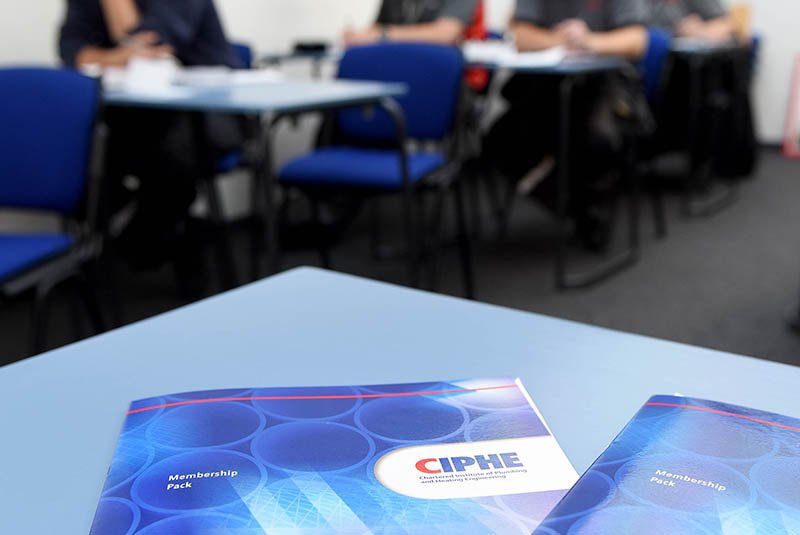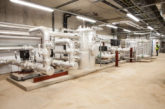
Kevin Wellman, CIPHE CEO, explains how a smooth transition to a greener economy will require more training and support for existing professional installers, a growth in apprenticeships for aspiring new entrants, and a far-reaching public information campaign to raise awareness.
At the CIPHE, we know that it will take a dedicated and united approach to ensure that low carbon energy efficiency policies will be met. There will be some key elements required in order to help installers learn about the steps that the plumbing and heating industry will need to take to help ensure a smooth transition to a low carbon future.
Training and apprenticeships
Only through upskilling somewhere in the region of 100,000 of the UK’s existing professional plumbing and heating engineers will the best possible chance of a neat transition to a low carbon economy in the 2020s and beyond be ensured. The CIPHE is already working with BEIS, plumbing and heating manufacturers, merchants, suppliers and other like-minded industry bodies to develop updated educational resources, CPD programmes and more. While the Institute has an active training schedule for 2020, it will ultimately be up to installers to take advantage of this and to choose to future-proof their career by learning about the installation of systems powered by low carbon heating technologies.
Alongside this, apprenticeships that will equip learners for careers in these changing times must also be prioritised in order for the industry to show that it can help government to hit the zero carbon targets it has set. This will mean high-quality apprenticeships that encourage more young people to start their careers in this way, and for more employers to realise the benefit of their investment in providing long-lasting career opportunities that may not fully reflect how they currently do business.
Limiting consumer resistance
The CIPHE is well aware that transitioning to low carbon heating, especially changing how existing homes are heated, will be a challenge for a number of reasons.
Designing new build properties to a specification that includes a commitment to low carbon heating solutions, that the consumer then buys as a ‘package deal’, will be the easiest part of the transition. Equipping consumers in existing properties with the necessary information to accept new technology will be more of a challenge.
The implementation of mandatory low carbon heating systems, which could require households to endure changes to their current expectations with regards to comfort, time and cost, risks consumers being reluctant to accept the changes. As a consequence, policy makers would then struggle to see immediate results from unpopular, enforced changes.
Simplifying installations
The success of a low carbon heating rollout will rely heavily on systems being simple for engineers to install and easy to operate for the end user. Clearly, more households will replace their domestic heating system with a low carbon solution if this can be done conveniently and with minimal disruption to their home and heating.
If the options require substantial extra work in or around buildings for them to work effectively, full transparency that provides clarity for the consumer ahead of an installation will be essential. This may be upgrades to electricity supplies, new heat network connections, or disruptive work on insulation and/or draft-proofing.
Advances in technology and digital tools to assist installers could be used to enable them to correctly size radiators, pipework, pumps for standard and underfloor heating, when at a property.
Working together
The CIPHE has made it clear that now is time for the Government to maximise the expertise of installer organisations, manufacturers and industry bodies to tackle the timescales and practicalities of transitioning towards a low carbon plumbing and heating industry. At the CIPHE, we are dedicated to supporting our professional members by working with our approved training centres and industrial associates to provide quality training and support
Ultimately, the success of meeting low carbon domestic targets will be down to the entire industry working together to achieve a smooth transition.
To find out more, or to become a CIPHE member, contact Tim Sainty: [email protected]











